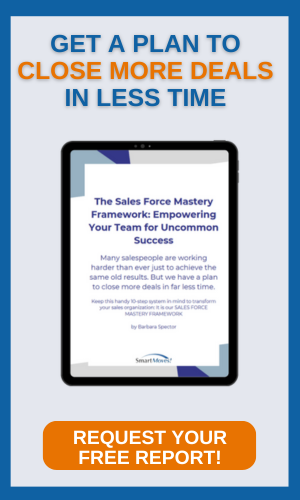Posted by Dave Richards, TheHireTalent

We all know the feeling of listening to a candidate tell a story in an interview and just really wishing they would hurry and get down to the nitty-gritty, important facts without having to relive their every detail that isn’t nearly as exciting or as important as the ones you’re really after. Amiright?
These 7 interview questions will help you get to the good stuff with your candidates more quickly.
What was your most significant achievement in your previous role and why?
Adler strongly suggests utilizing achievement-related interview questions to get to the heart of how good candidates accomplish their work-related goals. Answers to this type of question will lend you a great deal of insight as to what kind of candidate you’re dealing with.
Would your current/previous supervisor give you a reference?
This is my favorite question of all time. Partly because it makes candidates squirm, especially if they’re hiding something. This question tells you a lot about your candidate as well. Do they directly answer your question? Or do they divert by explaining how they aren’t in touch with their previous supervisor and probably can’t find them to contact. That’s okay, ‘cause I’m basically a stalker and can find anyone, so back to my question…will your previous supervisor give you a reference? If your candidate answers with more than a simple and direct response to this question, it may indicate that the candidate is hiding something or trying to avoid answering.
What would they say about you?
Hopefully your candidate doesn’t respond with “I’m a good worker.” Great, what does that mean? Everyone says that. I want to know why. What makes you so great? This is an opportunity to ask more specific follow-up questions and really get an idea if your candidate can identify his or her strengths and weaknesses while remaining objective. Their well or underdeveloped answer to this question lends insight into a component of emotional intelligence, namely their ability to place themselves in another person’s shoes.
If given (specific problem/task) how would you handle it and what would you do?
Asking a prospective candidate how they would deal with a real-world problem within your company helps you understand what kind of thinker and problem solver they are. If they offer up several practical solutions off the cuff, chances are they could bring innovation and creativity to your firm.
Why are you looking for another opportunity? Or, if you recruited them, what would make a new opportunity interesting enough to make a move?
Sure, all candidates want to make money. That’s so cliché. This question gets beyond the surface level reasons of money and benefits and pokes at what motivates top performers to change jobs after success in a previous career or a strong tenure with their current company. Either way, this line of questioning lends more insight into how candidates are motivated and what encourages them to seek out specifics of different jobs.
What other types of positions have you been looking at? Where have you interviewed already?
These are a good series of questions that will tell you how serious your candidate is about seeking new employment and also how far along they are in that process. If you’re really hot on a specific candidate, asking this question can also lend you some insight into where you stand on their radar of choices.
Do you have any questions for me about the position or our company?
If no, you have to wonder why not? You want your candidate to be engaged and curious about the opportunity, the company, the role itself, what the environment or culture is like, what they’ll be doing on a daily basis, etc. There are several questions that top performer candidates want to know. Those without questions may not be genuinely interested in the role, which can become a problem down the line.
Ultimately, any questions that dig deeper into your candidate’s work history, achievements and successes, interests, motivations for finding a new role, and the ability to verify everything with a reference list will likely yield good results. Utilize these 7 questions to get to the bottom of the most important factors more quickly so you can better screen out the candidates who are worth spending more time with.
There is a lot more you can do to get your interview right…
- From writing an ad that actually attracts “A” players,
- Using a proven assessment that separates the winners from the losers before you start interviewing, to
- Not buying into the “BS” on the resume,
- Conducting a phone screen the right way and then
- Conducting the interview or two, using questions like you see above and more, then
- Closing the candidate on acceptable terms to both of you.
Do all of these things right and you should have great results.
Do it wrong and you will pay the price of hiring the wrong person and that is expensive! We are here to help. Call us to learn about our all-inclusive interviewing workshop. 800 700 6507





